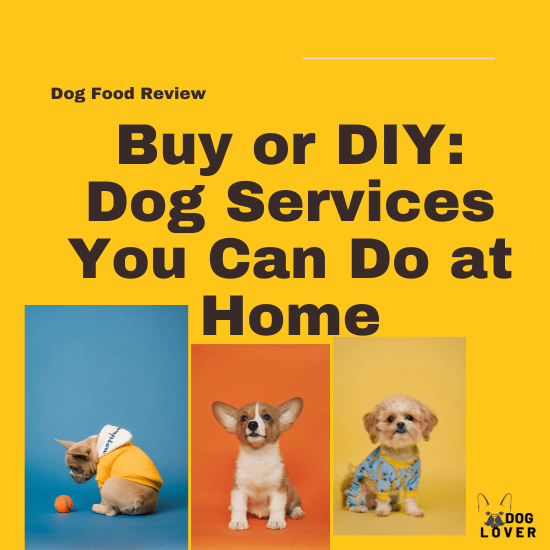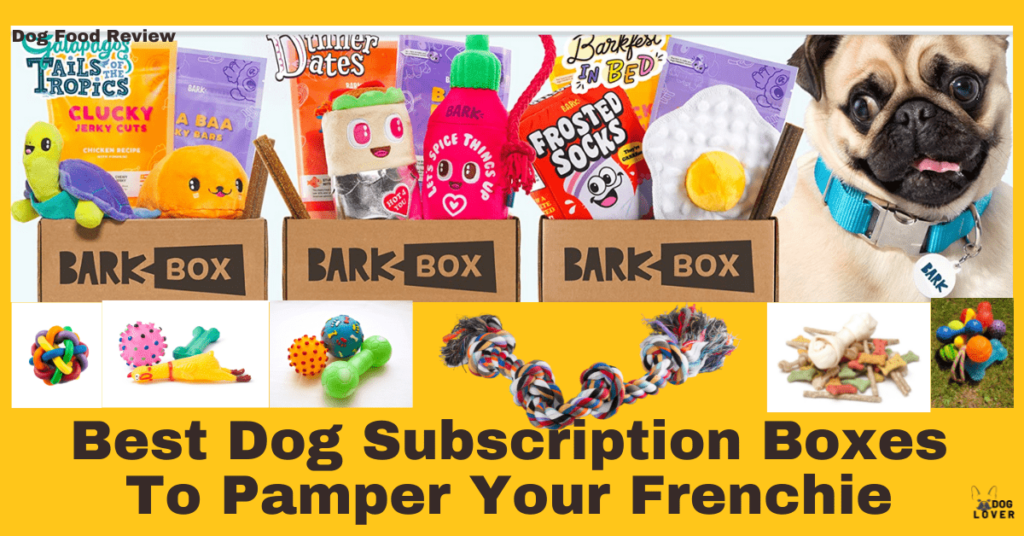Ready to bring your new puppy home?
Well, congratulations.
But first,
How safe is your home for your fur baby?
These are some tips on how to puppy-proof your house to make it safe for your puppy.
Lock up your trash cans.
Puppies are attracted to the mix of the smells that emanate from trash cans. Additionally, rubbish cans can contain a host of potential hazards to your puppy, including chocolate, onions, garlic, chocolate, grapes, and raisings. These can be highly toxic to your puppy.
Trash cans can also contain table scraps and high-fat foods, which, though not toxic, can lead to serious health complications. You should thus ensure that you keep your trash cans tightly covered and secured at all times.
Cover all electrical cords.
Electrical cords and wires are dangerous to puppies as they can chew them while playing. This can lead to accidental burns in the mouth, electrical shock, or electrocution, which can cause the death of your puppy.
To protect your puppy, unplug electrical cords, keep them out of reach, tie up loose cords, and cover electrical cords with sturdy cord concealers or wraps.
Store medications safely
Human medication is a common source of poisoning for puppies. Dogs can quickly pull things off low surfaces. It’s thus important to securely store all medications and supplements in lockable cabinets or drawers.
Avoid keeping medicines on low tables, night tables, or bathroom counters where puppies can easily reach them. Ensure you store pet medications separately from human medication and always dispense pills and liquids over the sink.
Keep cleaning products in cabinets.
Cleaning products contain chemicals that can harm your puppy in a big way. When using the products, keep your puppy away from the area to avoid the vapors from the chemicals that can harm the lungs and eyes.
Secure all cleaning supplies, including those labeled as having ingredients, in high cabinets or cupboards, and get cabinet locks if necessary. You can also use childproof latches to secure lower cupboards.
Move small and sharp objects.
Puppies, like small babies, like to explore anything and everything they find on their way with their mouths. They will lick, chew, flip, or tip small things.
Things like knives, scissors, coins, paper clips, rubber bands, jewelry, yarn, needles, threads, or toys can be choking hazards to your puppy. Keep these items out of your dog’s reach to avoid choking.
Tie up window dressing cords.
Curtain cords and blinds can be a strangulation hazard if your puppy gets tangled. You should thus either tie up excess cords or cut the loop in the cord. Low-hanging curtains can become a chewing target your puppy can pull on and rip off the wall. Keep your curtains secured, pulled to the side, and out of your puppy’s reach.
Evaluate your indoor plants.
While it’s beautiful to have some green plants in the house, some can be toxic and cause serious health issues for your dog, including mild irritation, digestive issues, organ failure, and death if ingested.
Identify poisonous houseplants and keep them out of your puppy’s reach. This will prevent them from chewing the plant. Some toxic indoor plants include caladium, umbrella plant, philodendron, and azalea.
Set up dog gates.
Puppies are naturally curious and are bound to explore as much as possible. You can use dog gates to limit the amount of space your puppy has access to. You can also use doggy gates to block off stairs. This will keep your puppy from falling and getting injured. Remember, puppies are known to be extremely clumsy about stairs. Doggy gates will also minimize the space you’ll need to puppy-proof.
Secure your windows and doors.
Doors and windows can pose a great danger to your puppy. Keep your doors and windows closed to prevent your puppy from escaping or falling out. Also, be keen while closing doors as you walk through, as your puppy may be behind you and could get caught. Ensure that window screens and sliding glass doors are securely fastened.
Your puppy will not understand that a window screen is not a firm barrier and may accidentally want to go through. Additionally, dogs can easily learn how to open doors, so ensure you have puppy-proofed it for your pup’s safety.
Properly stow your bags.
Your purses, diaper bags, backpacks, and gym bags may contain items threatening your puppy. Store your bags in a closed closet or on a strong hook out of your puppy’s reach to avoid unintentional poisoning or accidents.
Put a fence around the pool.
Swimming pools are a big hazard for puppies as they can easily drown even if they can swim. A puppy may not know where the steps are and how to use them. Putting a fence around the pool will prevent your puppy from accidentally falling in. You can also teach your pup about pool safety or get a dog trainer to do it. You should always supervise your puppy around a pool.
Keep fertilizers and pesticides out of reach.
Herbicides, fertilizers, and pesticides can be fatal if consumed. If you have any of these in your house, store them properly in tight-lid containers and out of your puppy’s reach.
Keep the grass outside short.
Long grass can harbor many bugs, such as fleas and ticks, which can bite your puppy, leading to infections. By keeping the grass short, it will discourage insects from hanging around. This way, it will be easy to see what your puppy is getting into.
Over to You
Bringing a new puppy home is exciting. However, it also comes with a huge responsibility, as puppies completely depend on you for everything, including their safety.
The above tips will ensure your new fur baby is safe in your home. With the right environment, you and your furry friend will enjoy each other’s company for a long time.


